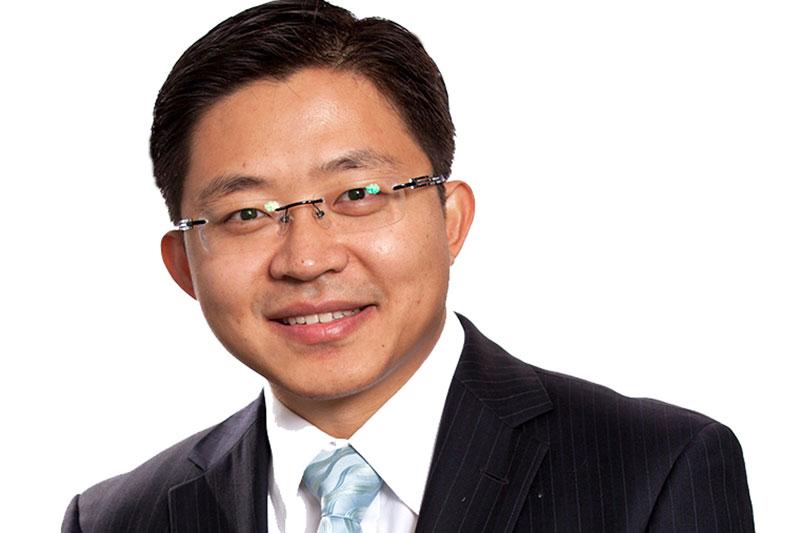Tulane University names leading developer of advanced biomedical diagnostics newest Presidential Chair
Tulane University has named research scientist Tony Hu, PhD, a pioneer in developing advanced diagnostics for personalized medicine, as its second endowed presidential chair.
To fill presidential chairs, Tulane recruits exceptional, internationally recognized scholars whose work transcends traditional academic disciplines.
Hu joins Tulane University School of Medicine as the Weatherhead Presidential Chair in Biotechnology Innovation and will lead the school’s newly created Center of Cellular and Molecular Diagnosis. He exemplifies the interdisciplinary focus of the presidential professors with a primary appointment in the Department of Biochemistry and Molecular Biology and secondary appointments in the School of Science and Engineering, School of Public Health and Tropical Medicine and the Tulane National Primate Research Center.
Hu previously served as professor at the Biodesign Institute at Arizona State University’s Virginia G. Piper Center for Personalized Diagnostics and at ASU’s School of Biological and Health Systems Engineering. His research focuses on developing and validating highly sensitive blood tests that rely on nanotechnology-based strategies to find previously undetectable biomarkers of diseases. These diagnostics can also be used to develop personalized medicine tailored to a patient’s specific genetic strain of disease.
“Dr. Hu is a visionary whose groundbreaking work developing new methods to find undiscovered markers of disease has the potential to improve countless lives and transform medicine,” said Tulane President Mike Fitts. “He exemplifies the extraordinary ideals we seek in a presidential chair, which is to work across disciplines to pursue discoveries that can make a global impact.”
Presidential chairs are one of Fitts’ top priorities as he seeks to attract some of the world’s most renowned faculty members in areas such as biomedicine, coastal restoration, global health, the humanities and fields yet to be explored. Hu’s chair is funded by the Weatherhead Foundation, an Ohio-based family organization that has generously supported higher education, including Tulane, for decades.
Hu’s research aims to fill current unmet clinical needs for early disease detection, better predictors of disease progression and real-time monitoring of therapy response to improve patient outcomes. He has assembled a diverse research team with backgrounds in biochemistry, mass spectrometry, nanofabrication and biomedical engineering to address these challenges.
Hu will establish the Center of Cellular and Molecular Diagnosis to leverage both new and existing platforms for the improved analysis of diagnostic factors found in liquid biopsy samples, including proteins, nucleic acids and extracellular vesicles, which are tiny particles of material released by living cells. The new center’s mission will be to promote interactions between diverse teams of researchers to accelerate the discovery and clinical development of more effective diagnostic biomarkers.
“One of our priorities at the School of Medicine is to expand opportunities for outstanding translational research that will have a direct impact on clinical care,” said Dr. Lee Hamm, senior vice president and dean of Tulane School of Medicine. “Dr. Hu and his research team are dedicated to giving doctors the advanced tools they need to diagnose diseases much sooner than currently possible, make treatments more effective and improve outcomes for their patients.”
Hu received his PhD in biomedical engineering from the University of Texas at Austin where he focused on developing nanomaterials as biosensors for disease diagnosis. He has published more than 70 journal articles and has received 10 U.S. and international patents in this area since his first faculty appointment in 2011. Three of his innovations have been licensed by US-based companies and are under development for commercialization. His research team has received grant support from the National Institutes of Health, the Department of Defense and the Gates, Johns Dunn and Kostas Cockrell family foundations.

